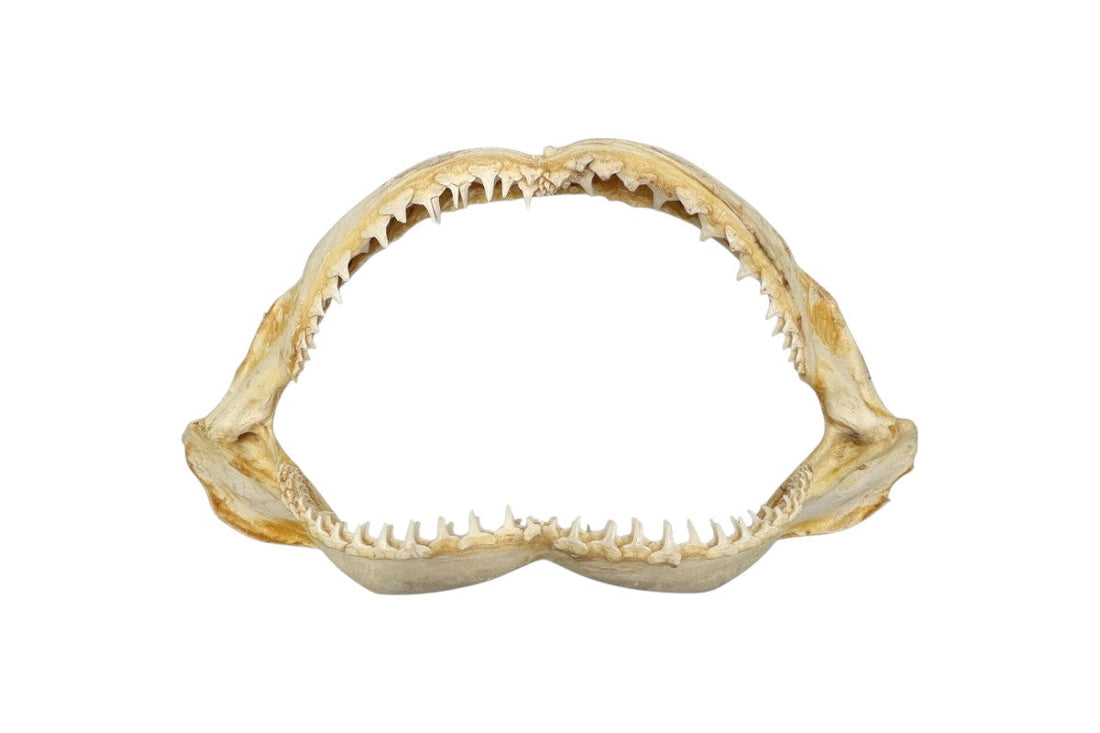
Fun Facts About Sharks
It’s Shark Week! To celebrate, we’ve compiled the following list featuring fun facts about sharks:
- Sharks first appeared about 450 million years ago, which means they were around before dinosaurs.
- There are over 500 shark species that vary widely.
- Most sharks are ectothermic (cold-blooded), but 5 species (including the Great White Shark) have some endothermic (warm-blooded) capabilities.
- Whale Sharks are the largest. They can grow up to 60 feet long but are usually between 18 and 32 feet. Despite their intimidating size, they are gentle giants.
- Dwarf Lantern Sharks are the smallest. They reach a maximum length of 8 inches and can fit in the palm of your hand.
- Some sharks glow in the dark. Their bioluminescence might help them attract a mate or find food.
- There are oviparous (egg-laying) and viviparous (live-bearing) species.
- Sharks are apex predators that live in most ocean habitats.
- They don’t have bones. Their skeletons are composed of cartilage. Nevertheless, they can still fossilize.
- Sharks can have multiple rows of teeth that are continually replaced. They can produce thousands of teeth during their lifetime. Examining their teeth helps us understand how they evolved over time. The color of fossilized teeth is determined by the color of sediment they have been in for millions of years.
- Most sharks have good eyesight, which includes fantastic night vision and the ability to see colors.
- In addition to our 5 senses, sharks can detect water pressure changes and electrical fields with electroreceptor organs called ampullae of Lorenzini.
- Their skin feels like sandpaper because it is made of placoid scales, which are teeth-like structures also known as dermal denticles.
- Sharks have rings on their vertebrae that can be used by scientists to help determine their age.
- Greenland sharks can live 250-500 years, possibly longer.
- Some species migrate thousands of miles each year.
- Despite their reputation, sharks rarely attack humans.
Sharks play a vital role in marine ecosystems. Unfortunately, hundreds of species are endangered or vulnerable. Learning about sharks and appreciating their diversity is an important step toward protecting them. For more information about various shark species and ethically sourced products that help us appreciate these incredible animals, check out the shark products available at Tyrannostorus.
